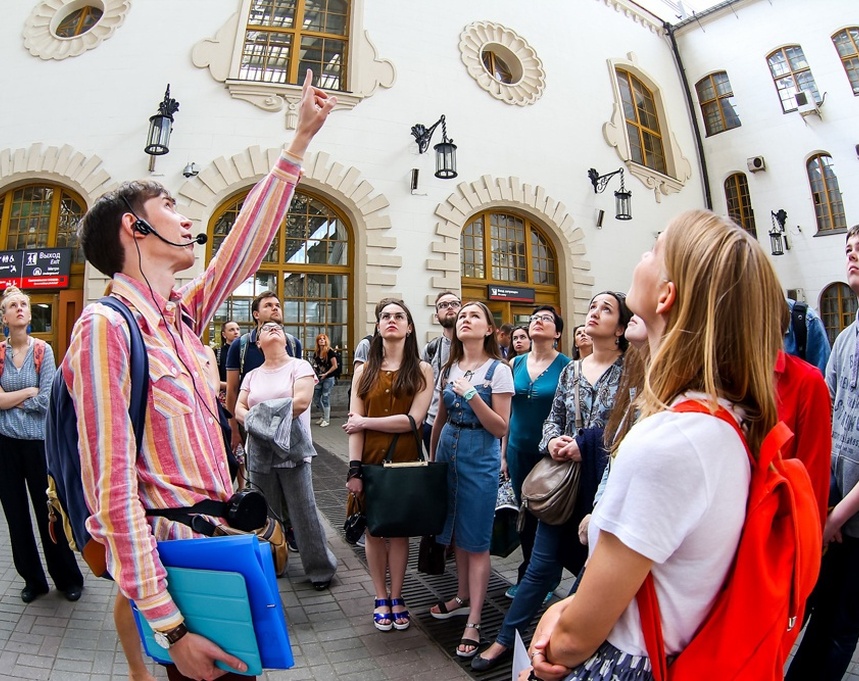
The winds of change are blowing through Russia's tourism industry, and they carry the faint scent of bureaucracy. Starting March 1, 2025, every storyteller weaving historical tapestries for wide-eyed visitors must hold a government-issued certification badge - no exceptions. Moscow, ever the overachiever, jumped the gun two years early, creating a curious case of urban guinea pigs in blazers holding clipboards.
By mid-March, the capital's certification factory had stamped approval on over 1,000 guides - enough to fill the Bolshoi Theatre twice over. This represents nearly one in three of Moscow's narrative architects, now officially vetted like fine vodka at customs. The remaining two-thirds? They're currently experiencing the five stages of grief somewhere between Red Square and the nearest notary office.
Veteran guides describe the exam as a historical obstacle course where facts are landmines and dates are trapdoors. "It's like being back in university," chuckled one silver-haired guide who's been explaining the Kremlin's secrets since Yeltsin danced, "except now they grade your ability to make tsarist gossip sound like state secrets."
Those who've emerged victorious from the bureaucratic labyrinth share hard-won wisdom:
As the deadline looms, Moscow's cobblestones echo with the sound of flashcards being shuffled and prayers being whispered to both Lenin and the tourism gods. The city's unofficial chroniclers are trading their usual cocktail of historical flair and improvisation for something decidedly more... standardized. Whether this transforms guides from colorful raconteurs into polished museum docents remains to be seen. One thing's certain - come 2025, every fairy tale about Russia's past will come with proper footnotes.